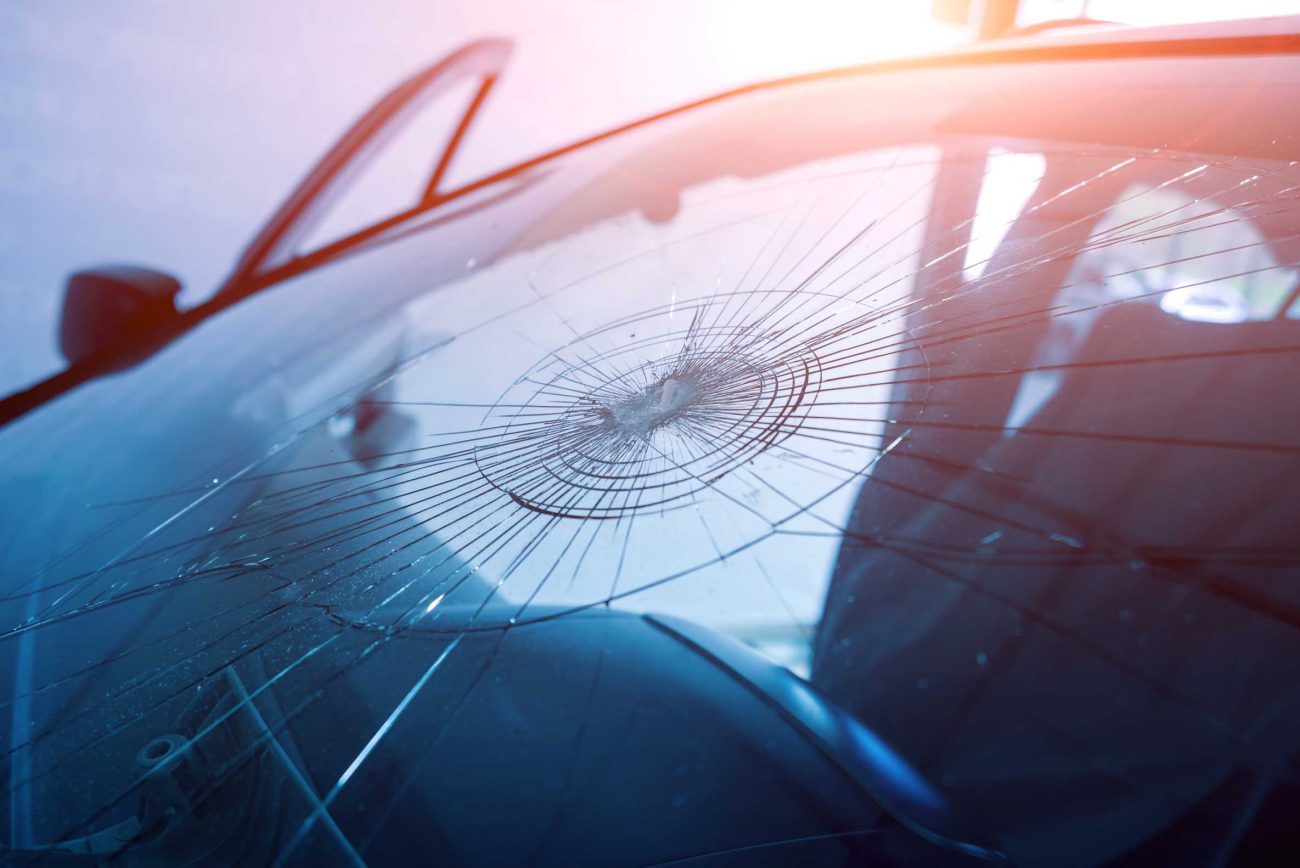Different types of car insurance in Ireland
Caeva O'Callaghan | March 21st, 2016

Car insurance in Ireland is about protecting other road users, as opposed to protecting the driver of the insured vehicle. Car insurance is not an optional extra. It’s a legal requirement to have car insurance if you want to drive your car in a public place. Failure to have a current Certificate of Insurance when driving is a serious offence. You will incur fines, penalty points and you may be disqualified from driving.
Young drivers are considered a high risk for insurers, and the cost of car insurance in this age group is considerably higher than for others both in Ireland. However, young drivers can reduce the cost of car insurance by joining a parent’s insurance as a named driver. This will enable the young driver to establish a safety record, which is crucial when the young driver later applies for insurance in their own name.
- The most basic insurance – “third party” – is the minimum required by law. However, this insurance leaves you open to substantial loss in the event of an accident. If you are at fault, only your passengers and the driver and passengers of the other vehicle will be compensated. Third party insurance provides no cover for damage sustained in an accident to your car or if your car is stolen or goes on fire.
- Comprehensive insurance is the most expensive type of car insurance, and covers you for almost every eventuality: any damage done to the vehicle regardless of how it was incurred; life/accident insurance; loss of personal belongings from the car; the cost of a hired car if the insured car is off the road as a result of an accident; windscreen breakage, etc. New cars in particular should be comprehensively insured.
- Third party, fire and theft is the most popular form of car insurance in Ireland. This covers you for loss of the vehicle through fire or theft and for any loss as a result of attempted fire or theft. Damage to property is also covered. There are also optional extras available such as windscreen breakage.
Under Non-Life Insurance Regulations, your car insurance company must issue your insurance renewal notice not less than 15 working days before the date of expiry of your insurance policy. It is also required to include with the notice your no claims discount certificate. You will need this certificate if you want to renew your car insurance with a different insurance company.